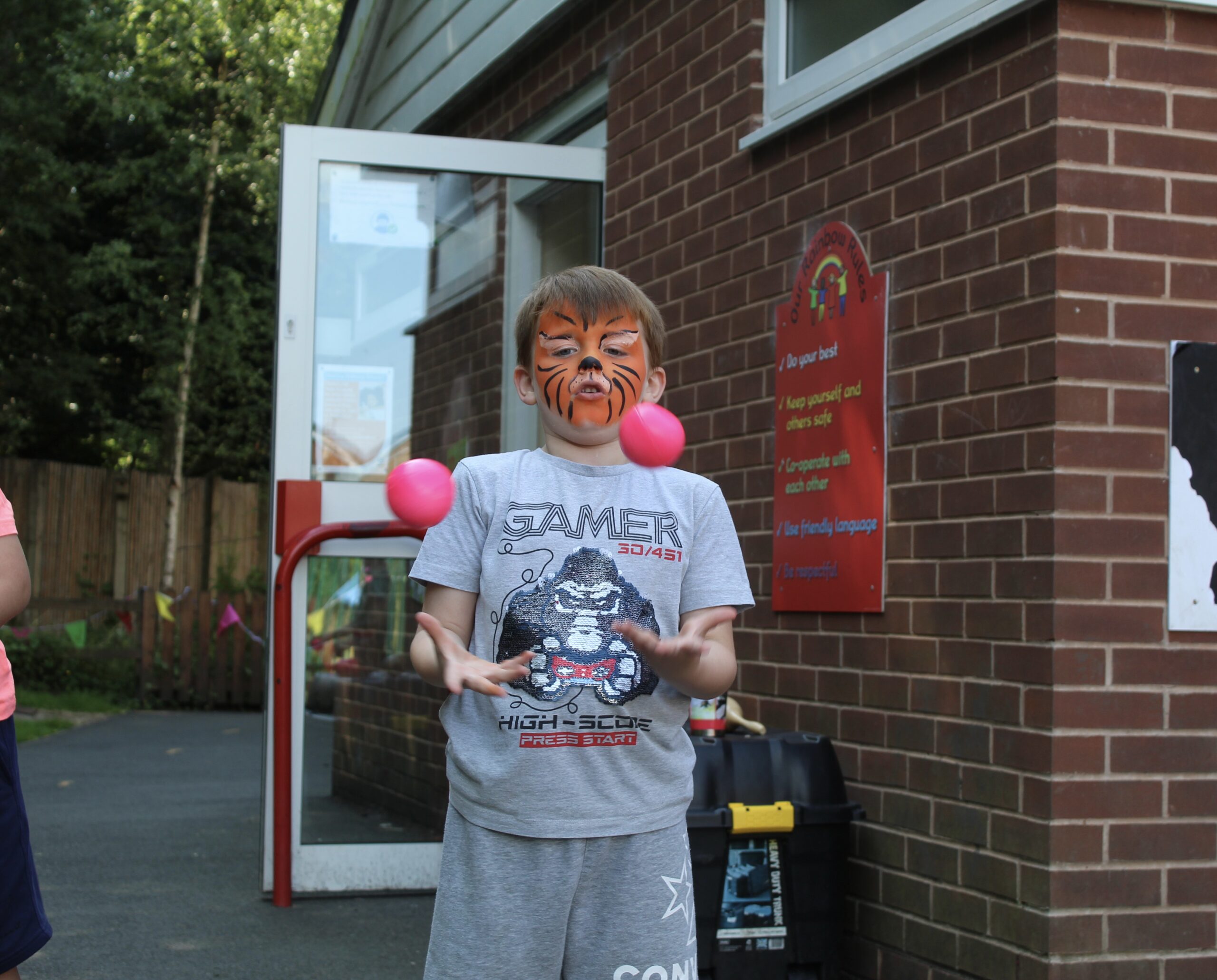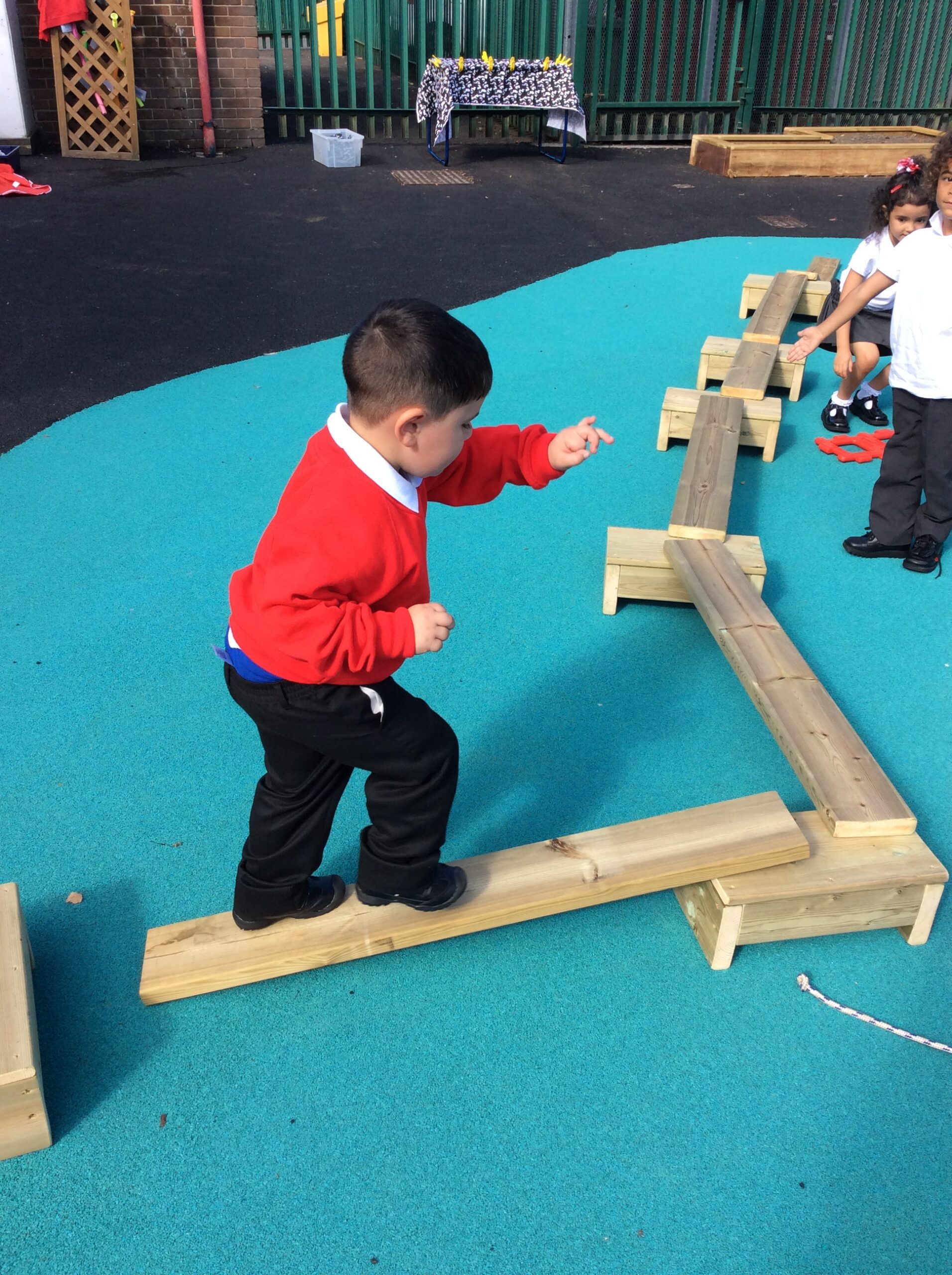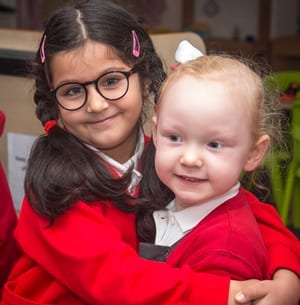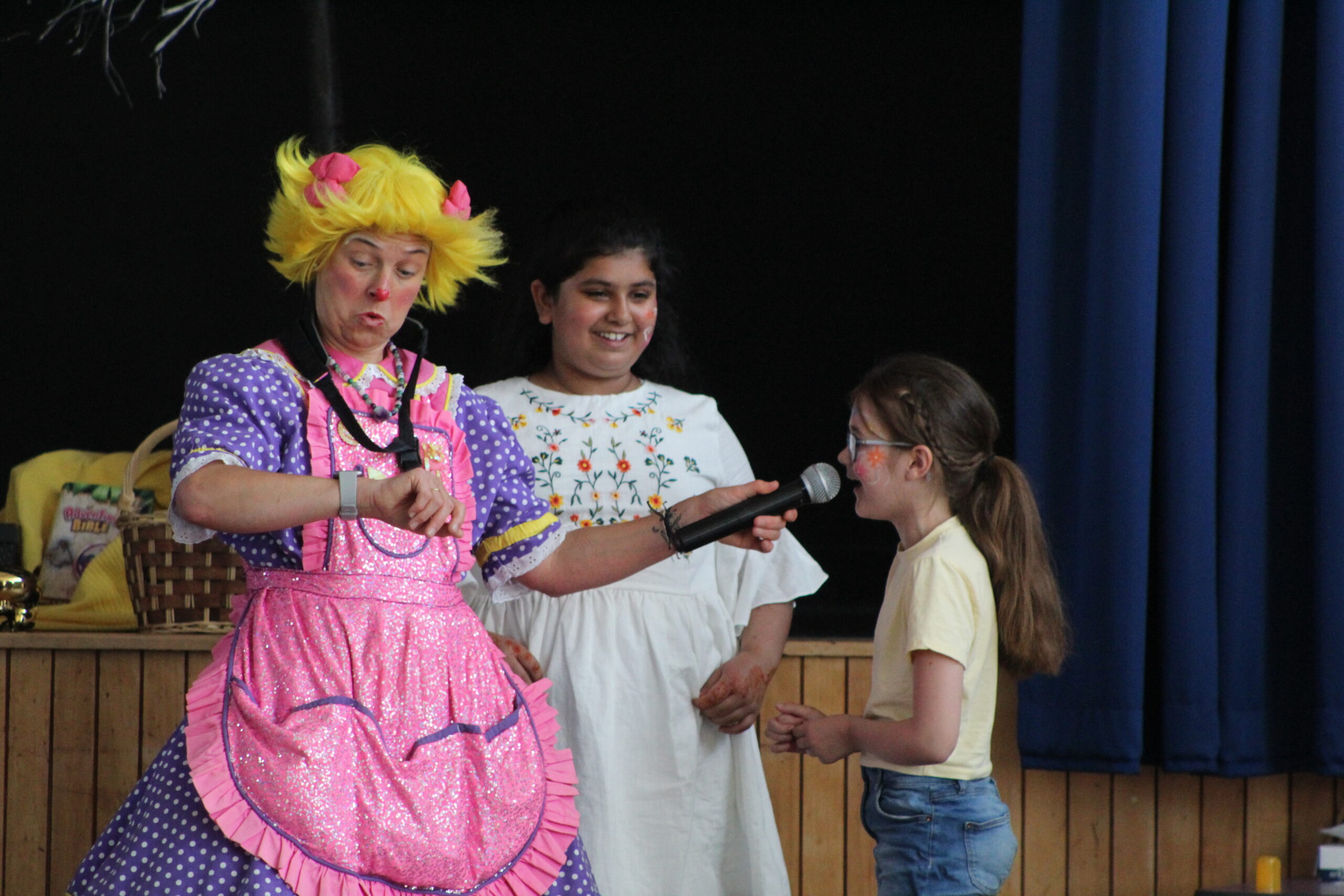Curriculum
Curriculum Intent at East Crompton St George’s
At East Crompton St George’s CE Primary school the curriculum is specifically tailored to meet the needs of our children – academically, spiritually, socially and in their knowledge of the World. We aim to offer our children the best educational experience possible in order to prepare them fully for the lives they are going to lead. All young people are individuals and our curriculum recognises this, striving to overcome any barriers to enable all individuals to achieve their full potential. We want our curriculum to be engaging and informing so that children are motivated, curious and inspired, enabling them to become life long learners. It should promote in children a self-belief, self-confidence and provide opportunities for children to develop resilience, skills and a breadth of knowledge across all subject areas.
Our curriculum extends beyond the formal requirement of the National Curriculum as we recognise that this is only part of what our children require. Of paramount importance within our curriculum are the values, skills and abilities we feel our children will require in order to take their place in the world as a global citizen. These will enable our children to be compassionate, resilient and driven leaders of the future, who hold strong Christian values, so that our young people develop imagination; creativity and insight; are able to reflect on their learning, their experiences and their lives; can find deeper meaning, a sense of purpose and inner peace.
Our curriculum is designed to provide rich and varied learning experiences to meet the needs, interests and aspirations of all learners, within and beyond the school day. It is underpinned by a clear whole school vision within our Mission Statement and a set of key principles.
Key Principles:
- Breadth of Experience
- Resilient Learners
- Socially Responsible
- Vocabulary Rich
- Rich in Spiritual, moral and cultural learning
Phonics/Reading
We use the Read, Write, Inc phonics scheme of work within Reception and year 1. Once pupils are able to blend sounds, this is supplemented with phonics books for pupils to take home to practise reading and an additional colour banded book to share with their parent/carer.
As children reach the end of the phonics programme (at the end of year 1/start of year 2) they will take part in whole class reading sessions and a guided reading session every week in school. We have developed a bespoke reading curriculum where children will become familiar with superhero characters who support their developing understanding within reading. This inspires and engages them to support the development of a love of reading whilst also ensuring they have a growing understanding within reading as they progress through their primary years.
Writing
Our writing strategy follows a ‘reading into writing’ approach. We focus on developing key grammatical understanding which enables pupils to effectively write with purpose. Vocabulary development is of strong importance in the school as this an area many of our pupils find challenging.
Mathematics
We use the ‘Maths No Problem’ scheme which uses a mastery maths approach. Children experience maths in concrete form initially, they will manipulate number and investigate methods to find the most suitable method to follow. They experience problem solving right from the start of their journey at our school whilst also developing quick recall of number facts.
RE
The RE syllabus followed at EC St. George’s CE Primary School is a revision of ‘Questful RE’ the Blackburn Diocesan Board of Education RE syllabus 2013.
Blackburn Diocesan Board of Education believes that the high-quality Religious Education (RE) delivered in our Church schools is the key to enabling every child to flourish. We are committed to producing quality resources that will provide our teachers with the knowledge and skills they need to ensure that the children experience the best RE curriculum. Quality RE has the potential, more than any other subject, to have the most powerful and lasting effect on the child’s heart and mind. It is a subject that combines academic rigour with the development of the character and spirit of the child. RE provides opportunities for spiritual development and personal reflection. It develops children’s knowledge and understanding of the nature of religion and belief, it provokes challenging questions about meaning and purpose, truth and values, identity and belonging. RE prepares children for citizenship in today’s diverse society. It enables them to develop sensitivity to, and respect for others. Quality RE breaks down barriers and builds communities. At its best RE offers pupils authentic encounters with living faith communities equipping them with the ability to hold an informed conversation about religious beliefs and practices.
Information from The Blackburn Diocesan Board of Education
Topics
Topics have been planned to ensure spiralling knowledge and skills as pupils progress through the year groups. Each topic has a key driver subject which is humanities based. This is supported by a secondary driver of art or design and technology and additional subject links are made where appropriate. There are three topics each year to ensure that pupils experience depth and breadth within learning.
Curriculum Coverage
The below document details National Curriculum coverage within each ‘topic’.
Wider Subjects
Science
Our science curriculum has been developed in unison with other Cranmer Education Trust schools and the Head of Science at The Blue Coat school. Pupils engage in learning through investigation and develop a spiralling understanding of science which will place them in a strong position to understand biology, chemistry and physics as they move to secondary school.
Computing
In computing, school follows the ‘Purple Mash’ programme of study. This offers ‘hands on’ learning opportunities to meet the computing elements of the national curriculum. Pupils receive a home login so that they can continue to practise these skills at home.
PSHE
PSHE is delivered through the ‘Jigsaw’ programme of study. This offers pupils the opportunity to consider their own thoughts and opinions and develop an increasing understanding of others. Much of the learning taking place is through discussion where children’s own ideas are challenged and expanded to enable them to become knowledgeable and accepting of others lives and experiences.
PE
PE is delivered through the ‘REAL PE’ programme of study. This scheme focusses on non-traditional games, which have a strong focus on fundamental movement skills. This also allows us to focus on the wider areas of PE, such as social skills, to help our pupils foster a love of moving, making them willing, life-long participants in sport.
Modern Foreign Languages (MFL)
We follow the Kapow scheme of work for French. We have modified the scheme so that our pupils can leave our school in Year 6 having a grasp of basic skills in speaking, reading, writing and SPaG in French.
Music
In Music, we follow the Charanga scheme of work. Charanga enables children to understand musical concepts through a repetition-based approach to learning. Learning about the same musical concept through different musical activities enables a more secure, deeper learning and mastery of musical skills.
Art/DT
For Art/DT, we follow the Kapow scheme of work. We ensure that our pupil’s learning in Art and DT are closely linked with their History and Geography (topic) units.
East Crompton St George’s CE Primary School is proud to be part of the Cranmer Education Trust
Cranmer Education Trust is a company limited by guarantee and an exempt charity registered in England. Company registration number: 07687709. Registered Office: Cranmer Education Trust, c/o The Blue Coat School, Egerton Street, Oldham OL1 3SQ. The website address is www.cranmereducationtrust.com and the phone number 0161 785 5082.




